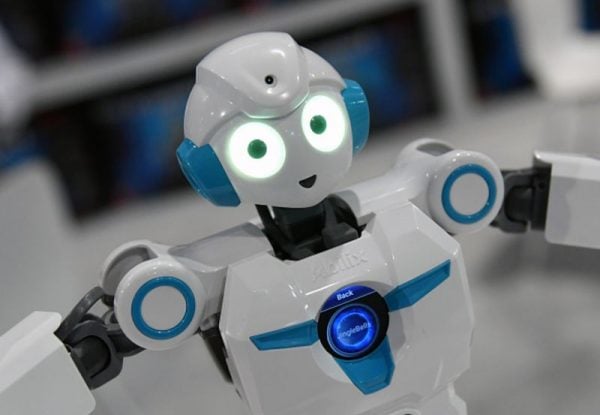The World Robot Olympiad, one of the world’s biggest robotics competitions, says it is deepening its presence across Africa, growing from just five participating countries in 2020 to 14 this year, with more than 40,000 young people taking part in the 2025 season.
In a statement, the competition’s organisers said over 2,000 teachers have been trained across the continent, with support from global partners including Google, the United Nations Economic Commission for Africa, and WRO’s own network of educators and industry collaborators.
The initiative aimed to equip African youths with skills in coding, engineering, and artificial intelligence as part of efforts to prepare them for future jobs.
Each year, WRO challenges students to design and build robots that solve real-world problems.
The 2025 theme, ’The Future of Robots’, was said to have sparked a wave of bootcamps and workshops across several African countries, reaching students in underserved and special needs communities.
National champions from each country will represent Africa at the WRO International Final in Singapore this November, joining teams from over 90 nations.
In Zimbabwe, Team FutureSight — winners of the National Senior Category Championship — built an AI-powered voice assistant designed to help blind users navigate daily life. The innovation is being adapted to local languages to improve accessibility and inclusion.
In South Africa, the story of Karabo Rithuri illustrates how the programme nurtures both technical ability and community leadership. Rithuri joined WRO at age 13, represented South Africa at the international finals in Malaysia, and later founded her own robotics club when the programme was discontinued in her school. She now holds degrees in Finance and IT, serves as a WRO judge, and mentors students from township communities.
“WRO gave me a voice, and now I want to help make things even better for the next generation,” Rithuri said.
WRO Secretary General, Claus Ditlev Christensen, described the organisation’s growing footprint in Africa as a major milestone.
“WRO’s expansion into Africa is an important step in our mission to inspire young people through robotics and STEM. We are proud to see African students not only building technical skills but also developing solutions that address real needs in their communities,” he said.
With Africa’s fast-growing youth population, the competition is seen as a critical platform for developing skills, promoting innovation, and encouraging international collaboration.














